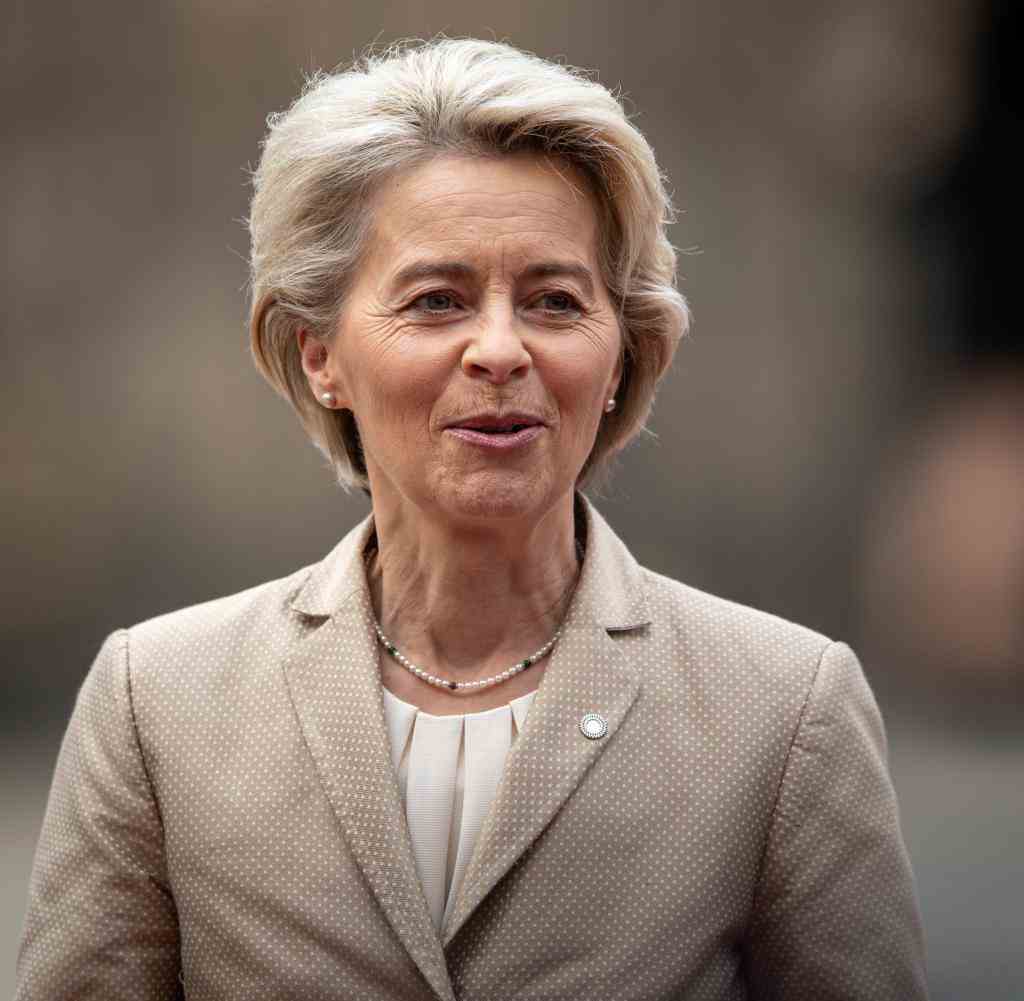US announces “consequences” for Saudi Arabia
US President announces “consequences” after controversial Opec decision
The Organization of Petroleum Exporting Countries and Russia have decided to cut the daily production volume significantly. US President Joe Biden has now announced the consequences of the controversial decision by the Opec+ countries.
The states of the Opec+ cartel want to cut oil production in order to increase the price. That should also fill the Kremlin’s war chest. US President Joe Biden has now announced vague consequences for spokesman Saudi Arabia.
uS-President Joe Biden has announced consequences for the kingdom because of the planned cut in oil production by the oil alliance Opec+, which is dominated by Saudi Arabia. He will discuss the next steps with the US Congress, Biden said in an interview with the news channel CNN on Tuesday. “There will be some consequences for what they did with Russia,” he added, referring to Saudi Arabia. He doesn’t want to say what exactly he has in mind. “But there will be consequences.”
The background to this is the decision announced last week by the Opec+ cartel, to which Russia also belongs, to cut oil production by two million barrels a day (159 liters each) from November. The shortage in supply is intended to drive up the price of oil, which in turn benefits Moscow from the US perspective, which can use the proceeds to continue financing the war of aggression against Ukraine.
Riyadh defended itself after Biden’s allegations. The decision was made for “purely economic” reasons, Saudi Foreign Minister Faisal bin Farhan told Al-Arabiya news channel. “The Opec+ countries have acted responsibly and made the right decision.” It’s about the stability of the market.
Government spokeswoman Karine Jean-Pierre had accused Saudi Arabia of working together with Russia. “This is not the time to join forces with Russia,” she stressed.
The cut could undermine US-led efforts to make the war financially unsustainable for the Kremlin. There are also fears that the global economy, already battered by the Ukraine conflict, will be further weakened by the OPEC+ project. And rising prices at the American gas pumps could become a political burden for Biden and his Democrats shortly before the midterm elections in the USA.
Stop of US arms shipments demanded
Only at the beginning of the week did the chairman of the Foreign Affairs Committee in the US Senate, Robert Menendez, call for a cessation of cooperation with Saudi Arabia. All arms sales and security policy cooperation would have to be frozen for the time being. Menendez demanded that the United States should limit itself to minimum cooperation with Saudi Arabia, which should serve to defend American interests.
A day later, Democratic Senator Richard Blumenthal and his party colleague, House Representative Ro Khanna, introduced a bill that would immediately halt all US arms sales to Saudi Arabia for a year. Deals with replacement and repair parts, services and US logistical support would also be affected.
John Kirby, spokesman for the White House National Security Council, told CNN that Biden was willing to discuss with Congress how cooperation with Saudi Arabia should look in the future. It was time to re-examine the relationship and make sure it served US national interests.
At the same time, the White House pointed out that the arms deals with Riyadh also acted as an important counterweight to Iran. “Now there are 70,000 Americans living in Saudi Arabia, not to mention all the other troops we have throughout the region,” Kirby explained. “So it’s not just in our own interest for missile defense in the region to become more networked and cooperative. It is also in the interests of our allies and partners in this part of the world.”
Nevertheless, the pressure to act is increasing on Biden, who, as a candidate in the race for the White House, had promised to treat Saudi Arabia like a “pariah state” because of the murder of columnist Jamal Khashoggi. However, in view of high energy prices, he traveled to the kingdom in July, where he met the crown prince and de facto ruler Mohammed bin Salman.
“That is the great danger with all future orientation”
The rise in oil prices to a three-year high has spooked investors. The promise of the major producing countries not to accelerate the expansion of production quotas continued to drive up the oil price. Market analyst Jochen Stanzl analyzes the reactions on the markets.
Source: WELT/Dietmar Deffner


